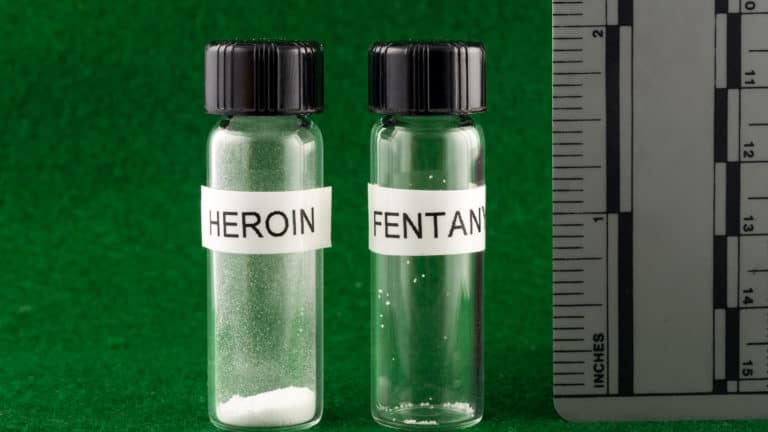If you’re in drug addiction recovery, you may believe that once you get treatment for that particular addiction, you’ll be cured. However, many people in recovery substitute one addiction for another. This is called addiction replacement and it helps to confirm that addiction is a disease. In many cases, addiction is not tied to just one substance or activity. If you’re struggling with this, a drug rehab facility in North Carolina may be able to help.
Addiction replacement often occurs because the emotional or psychological issue that drove the initial addiction still exists. It compels the addict to switch addictions. People with mental health problems are more likely to develop an addiction that other individuals. That’s why it’s important to identify the underlying issues that drove the addictive behavior.
Common Addiction Substitutes and How to Identify Them
You may be inclined to substitute one addiction for another to fill a void in your life. It may be an attempt to escape problems or negative feelings or relieve stress, anxiety or pain. Common substitute addictions include:
- Shopping
- Working
- Gambling
- Having sex
- Eating
- Nicotine
- Benzodiazepines
As you can see, addiction doesn’t have to mean you’re dependent on a substance like alcohol or another drug. Many people transfer their addiction to activities that seem harmless like working. Even activities that are usually healthy, like exercising, can become addictive. When compared to using drugs, shopping or eating may seem acceptable. However, any type of addiction can produce negative results.
Signs that you have developed a new addiction include:
- Losing sleep just so you can participate in the new activity or substance
- Constantly thinking about the activity or substance
- Having trouble at work or home because of your behavior
- Neglecting your personal hygiene
- Feeling stress or anxiety if you can’t participate in your new activity
- Experiencing depression or suicidal thoughts
How to Prevent and Treat Substitute Addictions
To prevent the development of new addictions, you need to identify your additive thought patterns and triggers. You’ll need to work with a counselor to get a handle on these psychological and emotional issues. A professional will help you to develop healthy habits. If you’ve already developed a replacement addiction, you also need to work with professionals. However, here are some of the things which may be able to help you.
Find a Support Group
When you interact with other addicts, you’ll realize that many individuals in recovery deal with addiction substitution. Don’t be afraid to share your struggles and learn about what people in similar situations do to cope. The support you’ll get can make it easier to address your addictive behavior.
Exercise
Many people in early recovery experience depression and this causes them to swap one addiction for another. Prolonged drug abuse depletes the brain of chemicals like serotonin and dopamine which produce feelings of contentment. To combat depression, you should get moving. Even walking for 30 minutes a few times each week can make you feel better. Beating depression will help you to avoid developing a new addiction.
Get a New Hobby
People who are newly in recovery often find that they have a lot more time on their hands. Picking up a new hobby can help you to find a new purpose in life. Instead of swapping one addiction for another, you can pick up a healthy activity that boosts your confidence and mood. Doing crafts, hiking, reading, and gardening are all healthy ways to occupy your time.
Meditate or Do Yoga
Regardless of your spiritual beliefs, becoming more conscious of your mind and body can relieve anxiety and depression. It can also relieve stress. Meditation and yoga can assist you in fostering a deeper connection with yourself and others. Taking just 15 to 30 minutes a day to quiet your mind and focus on your breathing can be helpful. You’ll become more in tune with the world around you and you’ll be less likely to develop a behavioral addiction.
Become A Volunteer
Volunteering with an organization that does meaningful work is a great way to avoid addiction. When you’re focused on improving the lives of others, you won’t be stuck in your head. Donating your time can help you to prevent developing a new addiction.
Reach Out to a Drug Rehab Facility for Help
If you believe you’ve become addicted to a new behavior or substance, you can recover. At Asheville Recovery Center, our North Carolina drug rehab facility will help you break the cycle of addiction and develop healthy habits. Contact us today to book an appointment and learn how our team of professionals can assist you.






